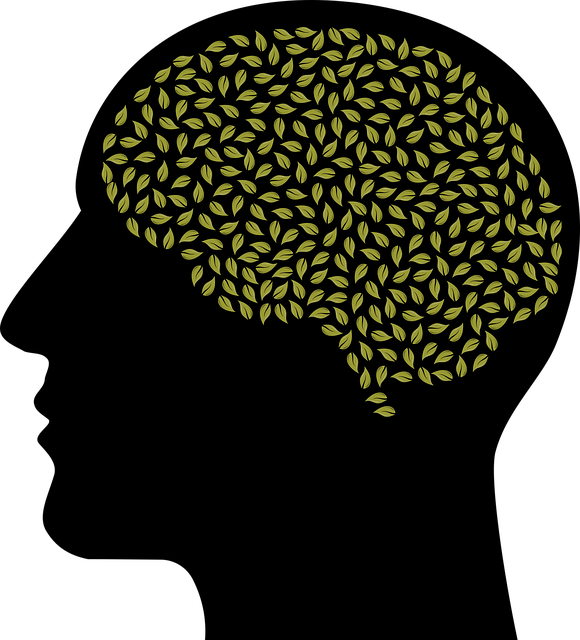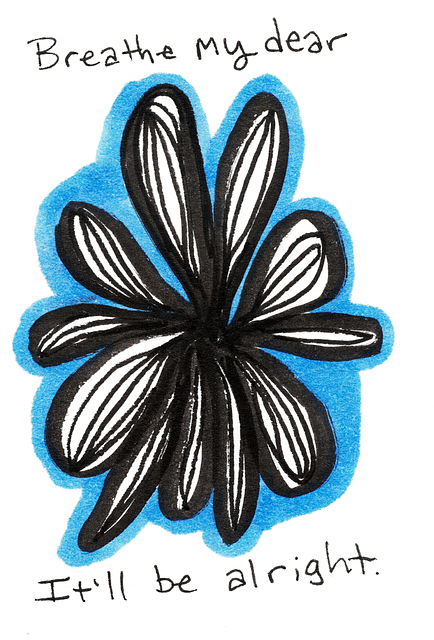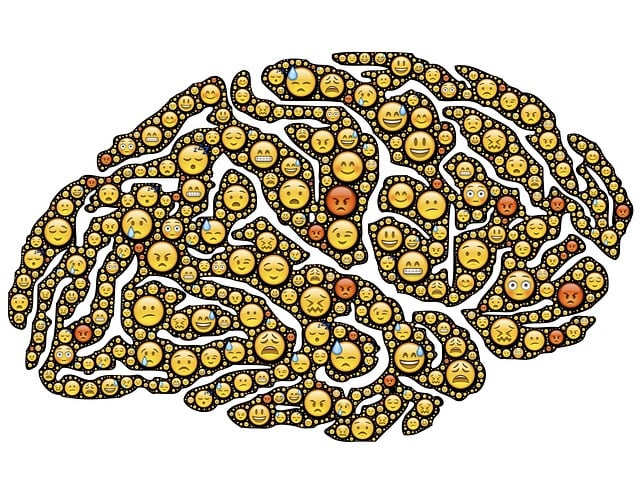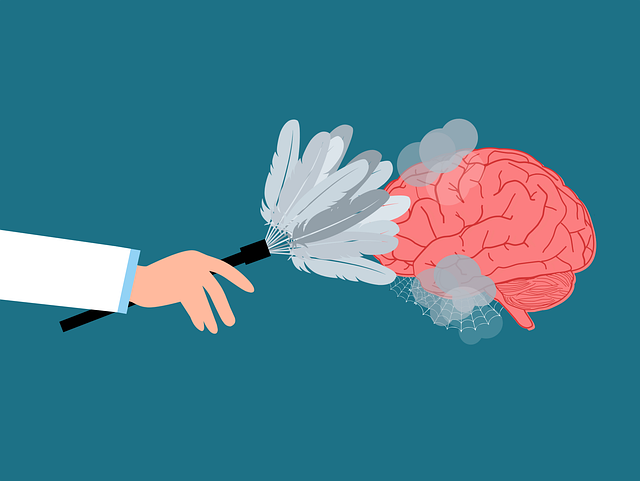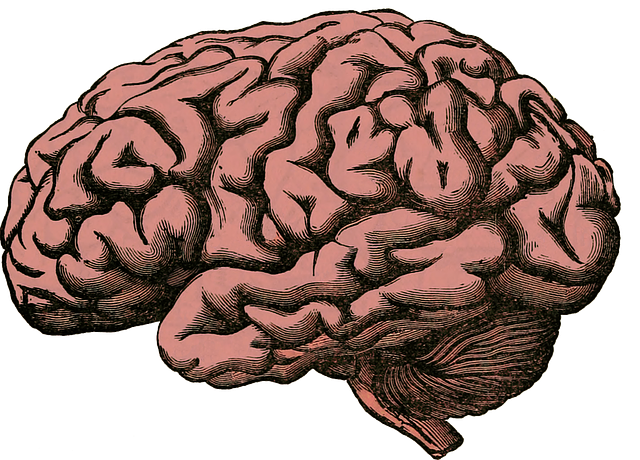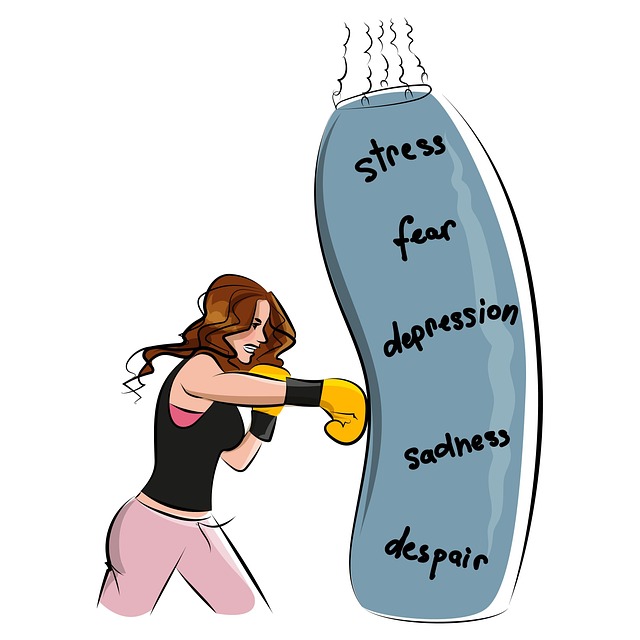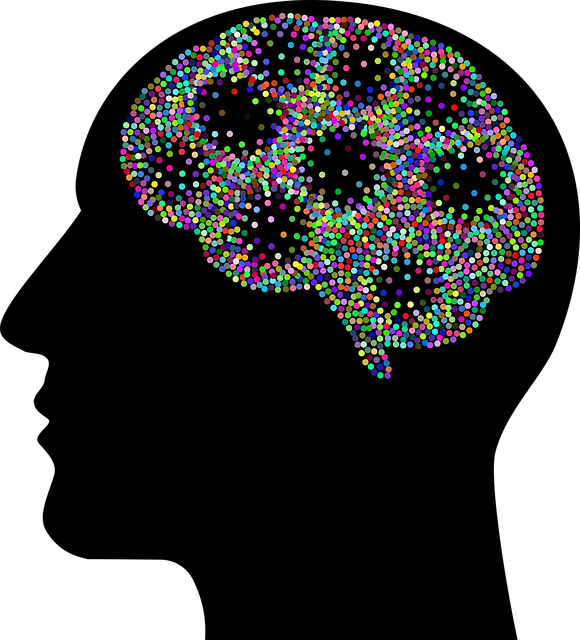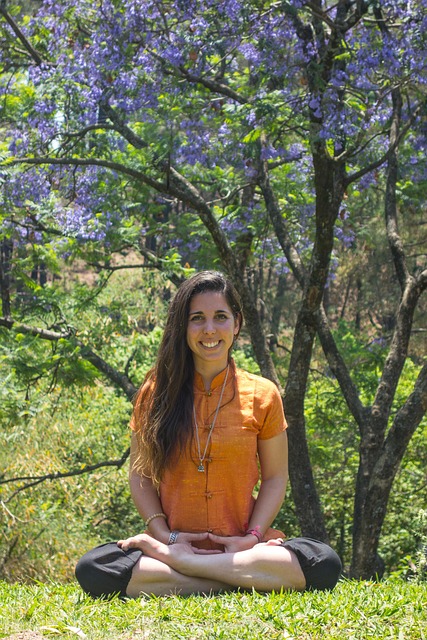Anxiety is a common but debilitating emotion that can be effectively managed through proper recognition and intervention, such as offered by Boulder Hebrew Speaking Therapy (BHST). BHST employs tailored, culturally sensitive approaches combining evidence-based techniques like Cognitive Behavioral Therapy (CBT), compassion cultivation, and mindfulness practices. They also provide exposure therapy to help clients confront their fears in a safe environment, along with holistic suggestions for balanced nutrition, regular exercise, and consistent sleep. By integrating these strategies, BHST empowers individuals to develop effective coping mechanisms, improve mental health, and enhance overall well-being.
Anxiety is a common struggle, but managing it effectively can lead to improved well-being. In this comprehensive guide, we explore various techniques to combat anxiety, tailored from the expertise of Boulder Hebrew Speaking Therapy. From understanding the signs and symptoms to powerful therapeutic methods like Cognitive Behavioral Therapy (CBT) and Exposure Therapy, we delve into actionable strategies. Additionally, discover the impact of mindfulness, lifestyle changes, and holistic approaches for a calmer mind.
- Understanding Anxiety: Recognizing the Signs and Symptoms
- Cognitive Behavioral Therapy (CBT): A Powerful Tool for Anxiety Management
- Mindfulness and Meditation Practices for Calming the Mind
- Exposure Therapy: Confronting Fears Head-On
- Lifestyle Changes: Diet, Exercise, and Sleep for Better Mental Health
Understanding Anxiety: Recognizing the Signs and Symptoms

Anxiety is a normal human emotion, but when it becomes overwhelming and persistent, it can significantly impact daily life. Recognizing the signs and symptoms is the first step towards managing anxiety effectively. Common indicators include increased heart rate, rapid breathing, restlessness, muscle tension, and a sense of dread or fear. These physical sensations often accompany intrusive thoughts and worries that may feel all-encompassing. Many individuals experience anxiety as a response to stressful situations, but for some, it can be a chronic condition that requires professional intervention.
At Boulder Hebrew Speaking Therapy, we understand the unique challenges that anxiety presents, especially in a cultural context. Our therapists are equipped to help clients navigate their anxiety by employing various evidence-based techniques. Compassion cultivation practices and resilience-building exercises can empower individuals to manage stress and cultivate a sense of calm. Additionally, incorporating cultural sensitivity into mental healthcare practice ensures that therapeutic approaches are tailored to each person’s background, fostering a safe and supportive environment for healing.
Cognitive Behavioral Therapy (CBT): A Powerful Tool for Anxiety Management

Cognitive Behavioral Therapy (CBT) stands as a powerful tool in the arsenal of anxiety management strategies. This evidence-based approach focuses on identifying and modifying negative thought patterns and behaviors that contribute to feelings of anxiety and distress. By working with a qualified therapist, individuals can learn to challenge distorted thinking and replace it with more realistic and positive perspectives. CBT also equips people with effective coping strategies to manage symptoms in the moment, promoting a sense of control and resilience.
In the context of Boulder Hebrew Speaking Therapy, CBT combines cultural sensitivity with evidence-backed techniques to create a tailored experience for each client. This personalized approach addresses not only the specific anxieties presented but also considers the unique challenges and strengths that come from diverse backgrounds. Integrating CBT into one’s self-care routine development, social skills training, or mental wellness coaching programs can significantly enhance overall mental health and well-being.
Mindfulness and Meditation Practices for Calming the Mind

Mindfulness and meditation practices have emerged as powerful tools for calming the mind and managing anxiety. In today’s fast-paced world, where burnout prevention is a growing concern, incorporating these techniques into daily routines can be transformative, especially for those seeking support from Boulder Hebrew Speaking Therapy. By fostering resilience building, mindfulness encourages individuals to focus on the present moment, observing thoughts and emotions without judgment. This simple act of awareness can significantly reduce anxious feelings and promote mental clarity.
Regular meditation practice has been shown to enhance self-care routine development for better mental health. It allows individuals to cultivate a deeper sense of inner peace and balance, making it easier to navigate life’s challenges. Through dedicated mindfulness exercises, one can learn to detach from stressful situations, leading to improved emotional well-being. These practices are accessible to everyone, regardless of background or experience, and can be tailored to suit individual needs, ensuring a more peaceful and resilient mindset.
Exposure Therapy: Confronting Fears Head-On

Exposure therapy is a powerful technique used in Boulder Hebrew Speaking Therapy to help individuals manage anxiety by confronting their fears directly. This therapeutic approach involves gradually and safely exposing oneself to stressful situations or objects that trigger anxiety symptoms. By doing so, individuals can learn to face their fears with less distress over time, helping them gain control and reduce anxiety’s hold on their lives.
Through exposure therapy, clients develop coping strategies and build confidence in their ability to manage anxiety-provoking scenarios. This process encourages a deeper understanding of emotional responses, fostering effective conflict resolution techniques within the mind. By integrating compassion cultivation practices alongside exposure therapy, individuals can cultivate empathy for themselves, leading to enhanced emotional healing processes.
Lifestyle Changes: Diet, Exercise, and Sleep for Better Mental Health

Incorporate lifestyle changes such as a balanced diet, regular exercise, and adequate sleep into your routine for improved mental health. Research shows that what we eat directly impacts our brain chemistry, with foods rich in omega-3 fatty acids, vitamins B and D, and magnesium helping to enhance mood and reduce anxiety symptoms. Regular physical activity has also been proven to be an effective stress reduction method, boosting serotonin levels and promoting a sense of calm. Additionally, prioritizing sleep hygiene ensures your body can effectively manage hormones related to stress and fear, fostering resilience building over time. These holistic approaches, combined with the support of Boulder Hebrew Speaking Therapy or other mental health professionals, can empower individuals to develop coping strategies that go beyond mere symptom management, enhancing overall well-being.
Beyond diet and exercise, structuring your days with consistent sleep patterns contributes to a healthy balance. Adequate rest strengthens your body’s natural resilience against anxiety triggers, allowing for better stress reduction techniques when faced with challenging situations. By focusing on these lifestyle pillars—including proper nutrition, physical activity, and sleep hygiene—individuals can create a solid foundation for mental wellness, complementing evidence-based therapeutic practices like Social Skills Training to cultivate a more peaceful and fulfilling life.
Anxiety management is a comprehensive journey, and with the right tools, anyone can learn to navigate their worries effectively. From understanding the nuances of anxiety through cognitive behavioral therapy (CBT) to adopting mindfulness practices and lifestyle changes, there’s a holistic approach available. For personalized guidance, Boulder Hebrew Speaking Therapy offers evidence-based strategies tailored to your needs. By combining these techniques, you can take control of your mental health and live a more fulfilling life, free from the chains of anxiety.
